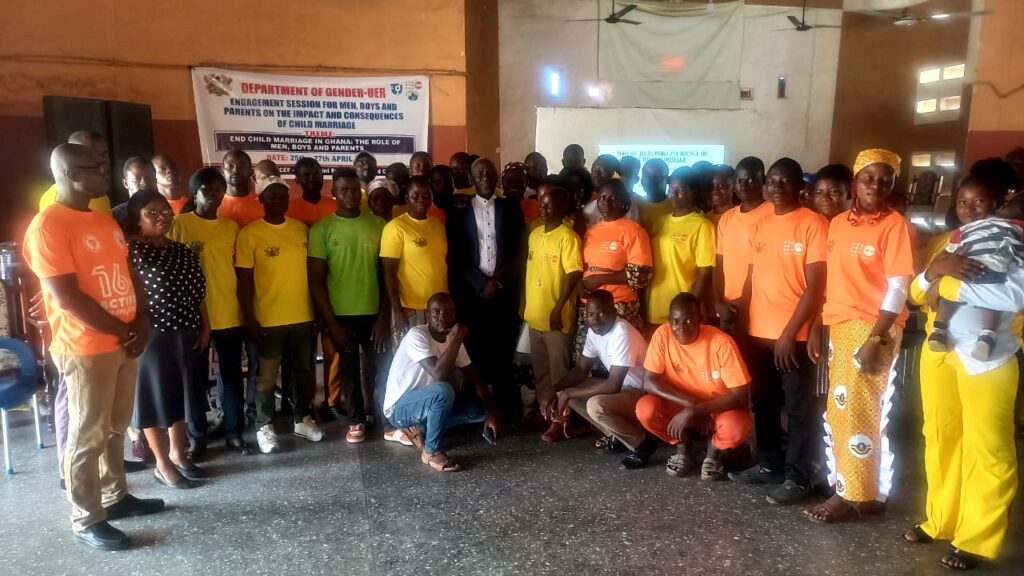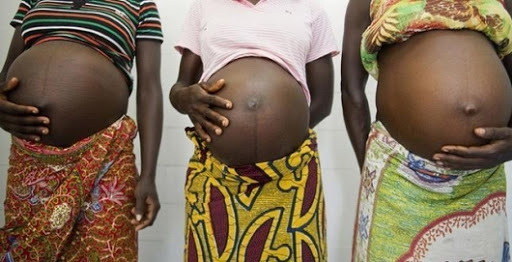The Department of Gender in the Upper East Region has identified the age gap for consensual sex and marriage in Ghana as a major challenge and contributor to the rising teenage pregnancy and child marriage as efforts to tackle both issues intensify.
The Upper East Regional Director of the Department of Gender, James Twene, noted that pegging the legal aid for consensual sex at 16 and the age for marriage at 18 has created a huge gap and is leading to people taking advantage of the situation to impregnate young girls which leads to child marriage in many communities in Ghana.
According to him, the law should be amended to peg both the age for consensual sex and marriage at 18 years to prevent adults and parents from taking advantage of young girls.
Per the country’s laws, an individual who attains the age of 16 can consent to sex but is not allowed to marry. This for some stakeholders is negatively affecting efforts to reduce teenage pregnancy and end child marriage.
In many communities in Ghana girls who get pregnant are pushed by their parents to get married to the men that impregnate them despite not attaining 18, which is the legal age for marriage. Some girls opt to marry upon becoming pregnant.
Pegging the age for consensual sex and marriage at 18 will therefore criminalize having sex whether consensual or forced with anyone below 18 years and will go a long way to reduce both teenage pregnancy and child marriage.
Speaking to Dreamz News on the sidelines of an engagement session for men, boys, and parents on the impact and consequences of child marriage held Tuesday, April 25, 2023, under the theme; “End child marriage in Ghana: the role of men, boys, and parents.” Mr. Twene called for the age for consensual sex and marriage to be pegged at 18.
This in his view, will stop people from taking advantage of girls below 18 and eventually impregnate them leading to child marriage.
“This has been a big challenge and it has been a conversation in the Upper East Region and the entire country among those of us implementing the policies because if you say that at the age of 16, the person can consent to sex, it means that outcome of that act, the sex, the person should be able to bear the outcome. But there is conversation at the national and regional level to see if we can do something about it either than that, people take advantage of this gap and flout the law, so if we can peg it at 18 for both consensual sex and marriage, it will help.” He stated.

He explained that men, boys, and parents’ groups have been formed in 36 communities in six districts including Nabdam, Talensi, Bongo, Bulisa South, Bawku West, and Kassena Nankana West as part of a UNFPA/UNiCEF-Global joint Programme to end child marriage.
The members of the groups engage various stakeholders at the community level hence the selection of 60 of the members of the groups for training on Ghana’s laws on child marriage and Gender-Based Violence adding the work of the groups in the communities is helping to reduce child marriage.




